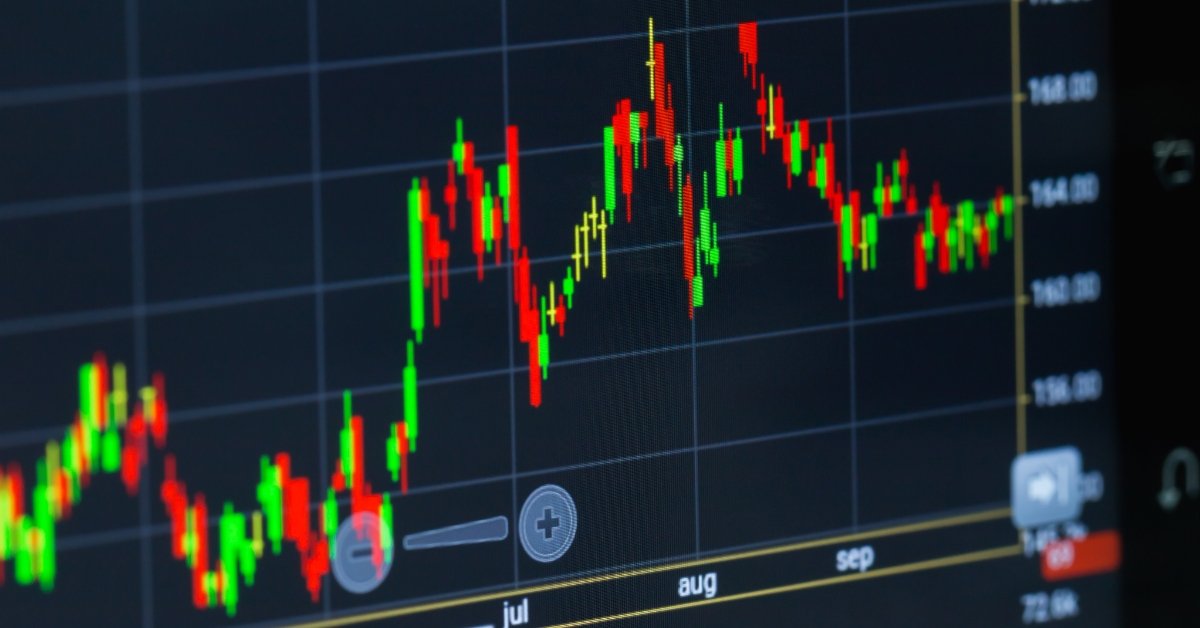Asian markets show cautious trading ahead of Biden-Xi meeting; insights into Wall Street trends, interest rates, and oil prices.
Table of Contents
Hong Kong – In anticipation of the upcoming meeting between U.S. President Joe Biden and Chinese leader Xi Jinping, Asian stock markets exhibited a mostly downward trend in quiet trading on Monday.
This cautious approach comes as the two leaders prepare for discussions at the sidelines of the Asia Pacific Economic Cooperation (APEC) summit, with many looking forward to potential improvements in the U.S.-China relationship.
Mixed Responses in Asian Markets
While Tokyo’s market saw modest gains, other major Asian markets showed minimal movement, generally trending downwards.
The Nikkei 225 in Tokyo rose slightly by 0.2%, whereas the Hang Seng in Hong Kong and the Shanghai Composite index fell by 0.2%.
The Kospi in Seoul also experienced a 0.1% decline, and Australia’s S&P/ASX 200 dropped by 0.3%. Concurrently, oil prices witnessed a decrease.
Wall Street’s Positive Trend and Interest Rate Speculations
In contrast, Wall Street ended the previous week on a high note, with the S&P 500 jumping 1.6%, the Dow gaining 1.2%, and the Nasdaq rising by 2%.
This surge added to an already robust November, which is shaping up to be one of the best months of the year for the market.
Driving this upward trend were major tech companies, with Apple and Microsoft seeing significant gains.
Despite the positive momentum, there are growing expectations of an interest rate hike by the U.S. Federal Reserve in December, particularly in light of a report indicating rising consumer inflation expectations.
Earnings Reports and Economic Outlook
The current earnings reporting season is turning out better than expected, showing the first growth in earnings per share for S&P 500 companies in a year.
However, the focus shifts to companies’ future actions as high interest rates and an anticipated economic slowdown loom.
Federal Reserve’s Inflation Strategy and Market Reactions
The Federal Reserve aims to maintain low inflation expectations to avoid a cycle that could perpetuate high inflation.
This stance initially caused fluctuations in Treasury yields and stock indexes, but the market quickly recovered.
Current predictions suggest only a 9.1% likelihood of the Fed raising its main interest rate in December, a decrease from earlier estimates.
Bond Yields and Market Dynamics
High interest rates and bond yields typically impact stock prices negatively, slowing the economy and adding pressure to the financial system.
A recent spike in Treasury yields led to a break in the S&P 500’s winning streak, fueled by increased U.S. government borrowing expectations.
However, the market has since rebounded, with strategists citing “year-end greed” and a regression in the 10-year yield.
Oil Market Trends and Currency Fluctuations
In the oil market, a barrel of U.S. crude for December delivery fell, continuing from last week due to concerns over supply and demand imbalances. Brent crude also saw a decrease.
In currency markets, the dollar strengthened against the Japanese yen.
This week’s Biden-Xi meeting is poised to be a critical event, potentially influencing future market trends and international economic policies.






